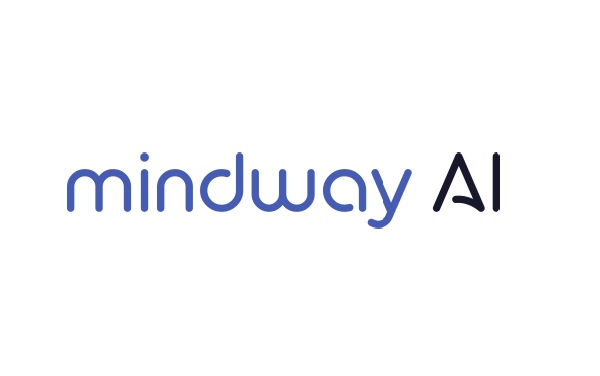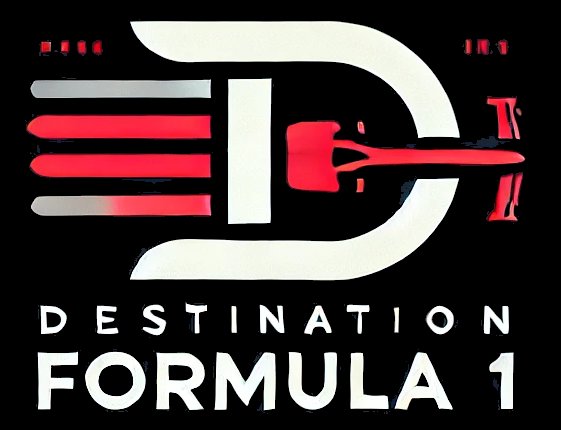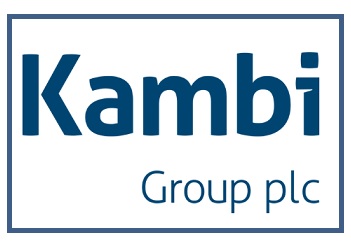- The measure mandates that the person in charge of directing the new Gaming Commission to be created must have at least 5 years of experience in business or related industries. Now it heads to the executive branch for the Governor Ricardo Rosselló, who has backed the initiative, to sign it into law. The bill establishes a tax of 7 percent on income on bets made via land-based facilities and 12 percent online.
Last Sunday around midnight, the House of Representatives and the Senate of Puerto Rico approved the project that legalizes betting on sporting events, eSports and fantasy sports. HR 2038 bill allows for land-based and online sports betting, but will not permit bets on amateur sport on the island. Now the measure heads to Governor Ricardo Rossello’s desk to become law.
The new Gaming Commission will provide an institutional structure for already existing groups which oversee gambling in Puerto Rico including the Horse Racing Industry Administration as well as the Gaming Division of the Tourism Office of the Department of Economic Development. It will be headed by a commissioner appointed by Gov. Rosselló —with the Senate’s consent— for a term of 10 years and a board of seven members, including two from the private sector.
No specific cost for licenses have been set, as this will be left to the gaming commission to decide but the new measure establishes a minimum license fee for large scale sports betting operations at USD 50,000, though this stands at just USD 2,500 for individual sports betting points of sale. The law establishes a tax of 7 percent on income on bets made via land-based facilities and 12 percent online.
Last week, language of the bill was amended so that while permits may be given to types businesses not specifically mentioned in the bill, the gaming board will only be allowed to authorize licenses to premises that have a business plan in place and meet with local health and safety requirements.
It also includes language that will prevent the new commission from authorizing licenses to entire sectors at once such as grocery stores and gas stations. At the same time, it also states that no point of sale may be located less than 100 meters from a school, religious centre or public or private rehabilitation facility for addicts.























